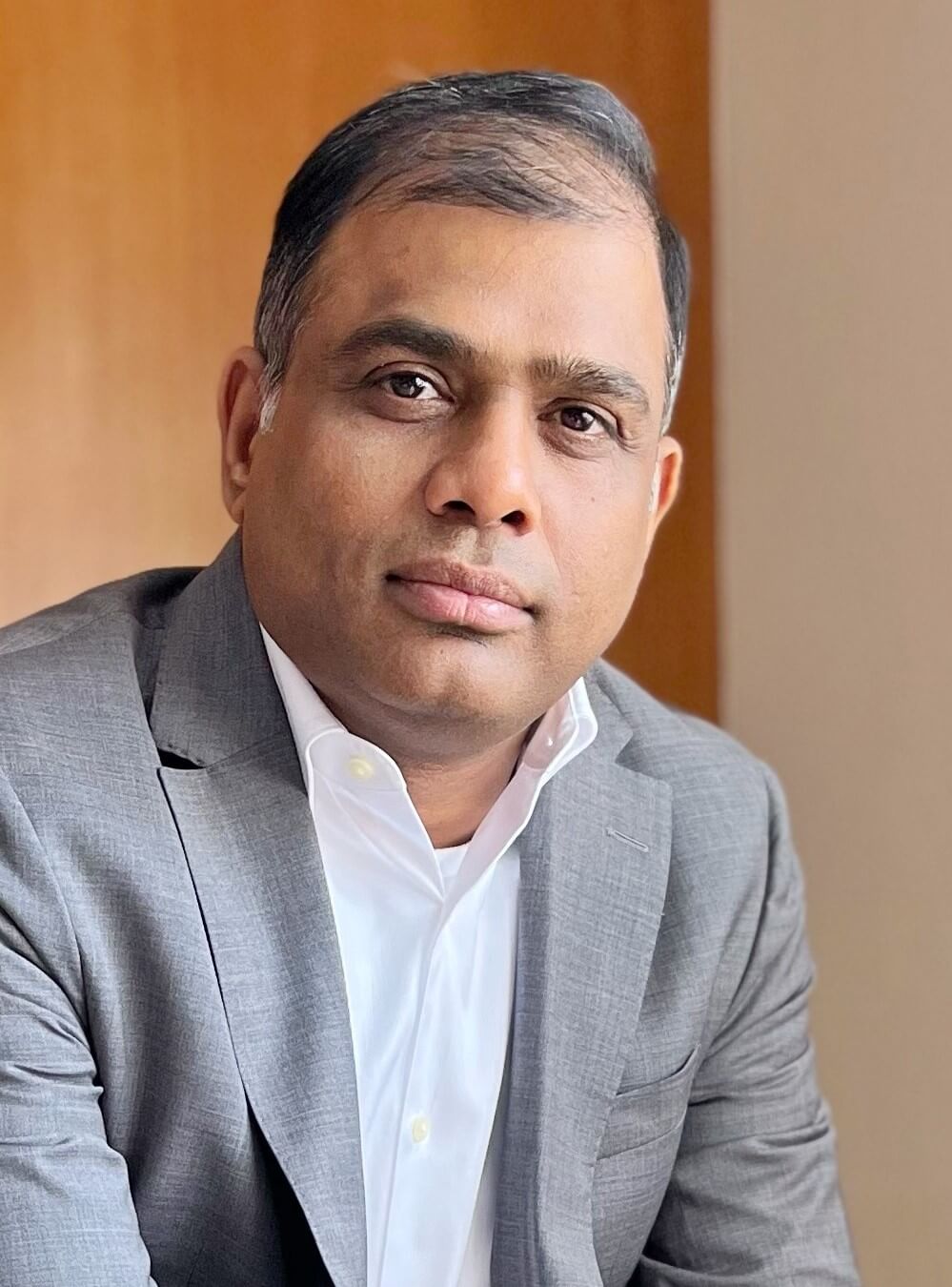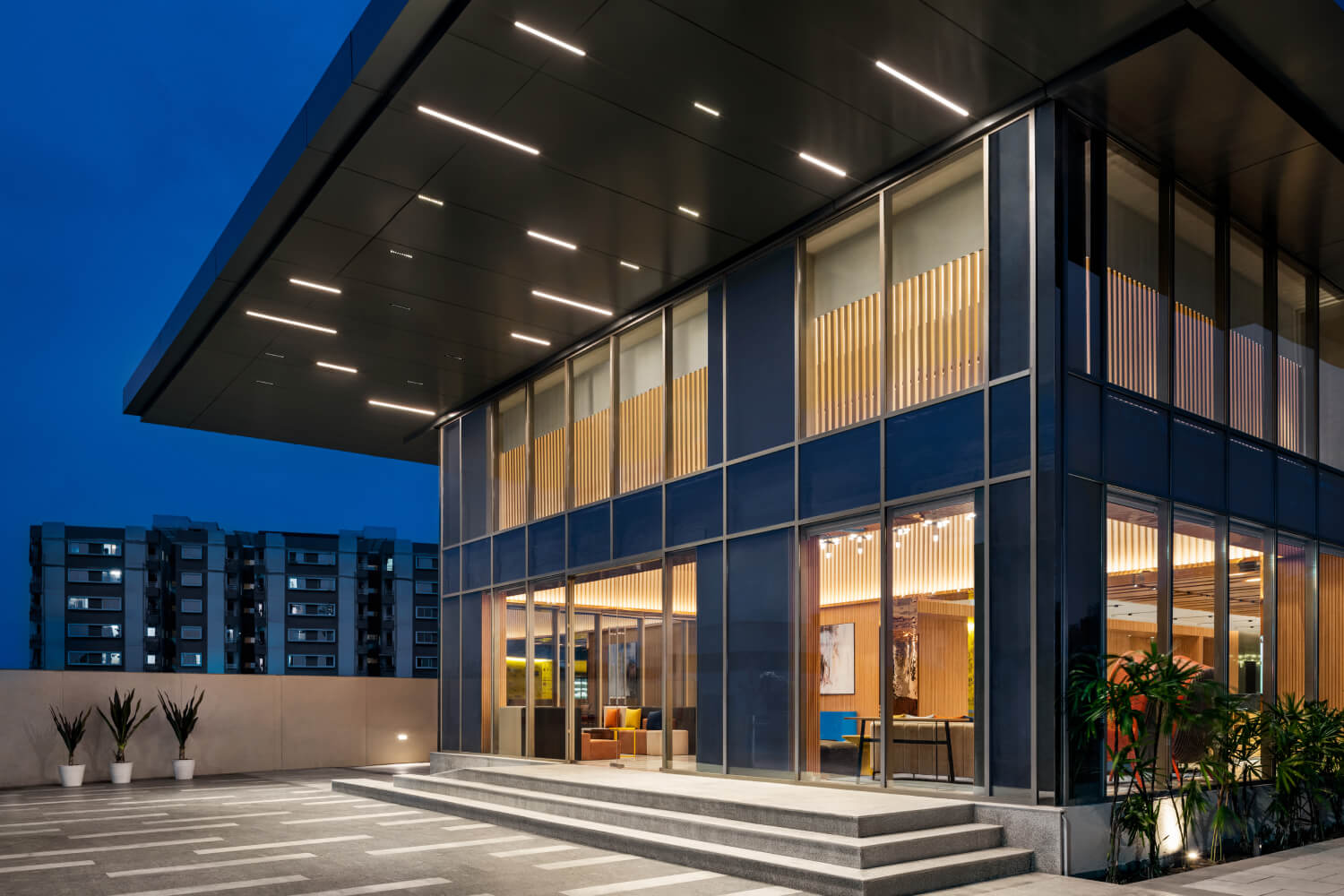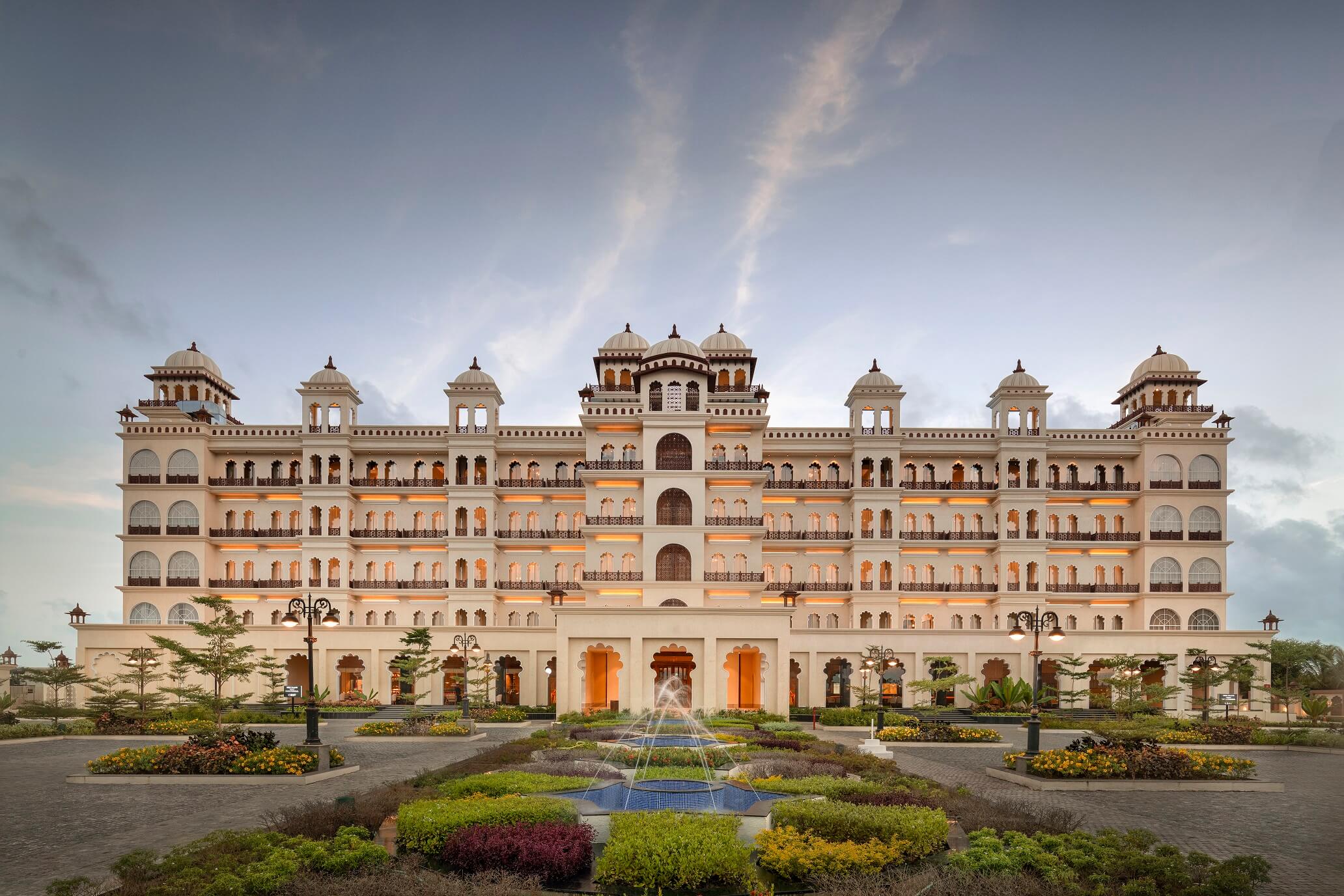
In this engaging interview, we dive into the world of hospitality with Mr. Vikram Singh Chauhan, the dynamic Founder and CEO of Nile Hospitality. Leading a diverse portfolio of hotels across India since 2018, Nile Hospitality has become a trailblazer in third-party hotel management. Mr. Chauhan shares his compelling journey from a top General Manager to an innovative entrepreneur, revealing the secrets behind the company’s strategic brand alignments and ambitious expansion plans.
Q1. What space exactly does Nile Hospitality occupy in the hospitality business?
We are a Third Party Hotel Management company, operating International branded properties and owner branded properties. We are a collective of hotels across India ranging from urban, leisure and experience lead properties. Founded in 2018, we are currently market leaders in Third Party Hotel management in South Asia and our key team members are passionate, experienced hoteliers. We pre select brands for upcoming projects, oversee pre-openings, manage every day operations and ensure future health of our hotels.

Q2. From being a very successful General Manager and having worked with Global Hotel Chains, what drove you to entrepreneurship? Having now worn the other hat, how does it change your view of the GM’s position and predicament?
Thank you. For me, it was having a view of where the industry could go, stepping up and having a vison of something exciting that this company and I could build together. I think, every leadership journey comes with unique set of challenges and opportunities. A General Manager is the CEO of a hotel with a unique vantage point and need for objectivity at times far beyond their area of responsibility. Today’s GMs are also seen as Chief Cultural Officers. Pivoting from the traditional mould, thanks to the technology leaps the industry will go through, they are now in a place to gather a range of factors that may exists today that can lead to micro personalisation tomorrow like a more integrated guest Experience, efficient employee experience and to a sustainable business transformation.

Q3. As a company, what are the parameters that help you decide on which brands to align with given that you work with the whole range – Wyndham, Hyatt, Marriott, Radisson? Any favourites here?
As a third party operator, we focus on bringing relevant brands that meet market and client midway. Fit, potential demographics and demand growth, consolidating an existing portfolio, thus reducing of future overlap & complexity etc are nuances that we are mindful of. Being future ready and change centric is important for us. While they are not determinants of the brand decisions, it certainly plays a role in how we see our partner brands look to future and are evolving. After all, hotels are built for decades and generations pass through them, so selecting a futuristic brand may prove to be invaluable to its future. If there is a culture of being change – resistant, then it can be seen as growth prohibitive.
On a personal note, The legacy of Oberoi Hotels and the their focus on its culture of excellence for guests is inspiring and aspirational – so I would say it is Oberoi hotels.

Q4. What is the blueprint for future expansion? Considering your focus on religious destinations – Dwarka, Haridwar, Amritsar, Ayodhya, is that going to be a niche that you want to occupy?
Our niche, I hope will be that of a hospitality company that benefits people and our communities at the potentially positive intersection of commerce. Our footprint focus has been to find the right properties and work with complementary, value creating partners. This has allowed us the breadth of our current collective of hotels and future pipeline – it really is a balanced portfolio in its offering ; resorts that are heavy on immersive escapism, urban lifestyle – upscale brands in cities, culturally resonant hotels in iconic locations and a collection of new properties with their own unique stories; from Himachal Pradesh to Tamil Nadu. spiritual destinations are one part of this pipeline.
When expanding our resorts and non – urban hotels portfolio, it is often the provenance of the locations, historical importance and other broader set of characteristics that that we have seen our travellers positively respond to. For Instance, one of our recent Openings; Uday Palace Navsari – A Radisson Individuals resort is located in Navsari, a city and many of its attractions steeped in history, dating back to early 13th Century and is a very short drive from Dandi beach and Salt Memorial in Dandi. Or our Time Square Resort in Bhuj – built in harmony with Kutchhh’s architecture and cultural heritage places our guest at the perfect doorstep to explore the region. These are properties offering immersive experiences without reinterpreting the communities they inhabit. Expansion plans however cover both business and leisure locations.
Q5. Is there a particular price range of hotels that Nile wants to specialize in?
No, there have been key shifts in pricing across domestic hotels and in some niche markets, the hotels we operate are able to drive both prices and demand. In markets where seasons drive prices, we are deft and adaptable as our customer bases experience pricing changes differently. Business markets are quicker to respond to economic changes while resorts and experience based hotels adopt different pricing strategies to them. For instance, our hotels in Andhra pradesh and Pahalgam operate to their optimum in different seasons and appeal to price trends defined by demand cycles, brand and market levels. Through the deep understanding of our customers, we are are able to find the balance that works for us and often counter switching behaviour motivated by price.
Q6. Finally, what is the one big sweeping change that you would like to make in the hospitality space given that you are Founder CEO of a hotel management company?
Not having do catch up on innovation and developing a mind-set of welcoming change without legacy obstacles that our industry is known for. And for every hotels to have the potential to mean and become more for their locals than it does currently, as it is now dominatedly for travellers. I would love to see this become more balanced and a growth driver for future.

